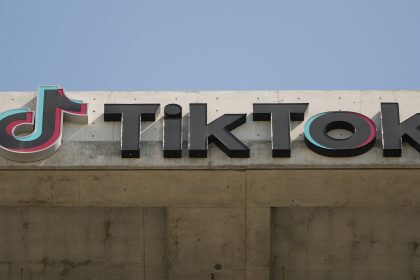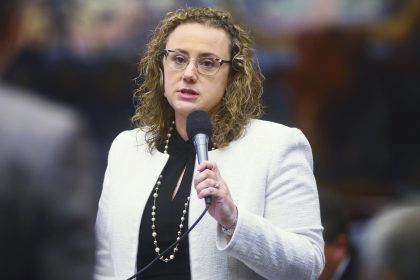Appeals Court Hands Gov. DeSantis a Loss

ATLANTA, Ga. — A Florida law intended to punish social media companies from allegedly barring conservative politicians from their platforms is unconstitutional, the 11th U.S. Circuit Court of Appeals ruled Monday.
“Put simply, with minor exceptions, the government can’t tell a private person or entity what to say or how to say it,” said U.S. Circuit Judge Kevin Newsom in the 67-page ruling.
But the ruling wasn’t a slam dunk for the social media platforms as the three-judge panel did allow other parts of the law — including banned users’ access to their data, a requirement for platforms to post their community guidelines and update users on changes — to remain intact.
The three Republican-appointed judges used the court opinion to reinforce that the First Amendment was intended to prevent the government from abridging its citizens’ speech, including private businesses.
“First—and this would be too obvious to mention if it weren’t so often lost or obscured in political rhetoric—platforms are private enterprises, not governmental (or even quasi-governmental) entities. No one has an obligation to contribute to or consume the content that the platforms make available,” Newsom wrote.
The law was implemented, in the words of the Act’s sponsor, as quoted in Gov. Ron DeSantis’s signing statement—to combat the “biased silencing” of “our freedom of speech as conservatives . . . by the ‘big tech’ oligarchs in Silicon Valley.”
In recent years other social media platforms that appeal to conservatives — including Trump’s own Truth Social, Parler and ProAmericaOnly, which the judges cited in their opinion — have cropped up as alternatives with less strict community guidelines.
Those community guidelines and algorithms of each company, which have the ability to bar users or prioritize content, are part of the companies’ free speech, according to the opinion.
“By engaging in this content moderation, the platforms develop particular market niches, foster different sorts of online communities, and promote various values and viewpoints,” the judges wrote.
Texas implemented a similar law last year that was more expansive, protecting all Texas residents from being barred from a platform.
NetChoice and the Computer & Communications Industry Association are plaintiffs in both these lawsuits. Chris Marchese, lawyer for NetChoice called the Texas law, “constitutionally rotten from top to bottom,” in a recent tweet.
The groups are trade associations that represent internet-based companies like Facebook, Twitter, TikTok and Google, which owns YouTube.
The Texas law was previously halted; however the 5th Circuit Court of Appeals issued an order to overturn the injunction, allowing the law to go into effect, in a 2-1 decision. The court did so without issuing a full written opinion, Marchese wrote on Twitter, in an “unprecedented, unexplained, and unfortunate order.”
The group has appealed the order from the Texas case to the Supreme Court.
Marchese and others representing tech companies celebrated Monday’s ruling on Florida’s law.
Computer & Communications Industry Association President Matt Schruers tweeted, “Today’s ruling makes clear that digital platforms are engaged in First Amend.-protected activity in administering their content moderation policies, and states cannot impose their own editorial views on this process.”
Florida Attorney General Ashley Moody took consolation from the fact some of the law will remain intact, tweeting, “We are pleased the court recognized the state’s authority to rein in social media companies and upheld major portions of Florida’s law leading the way in doing so. We will continue to vigorously defend Florida’s authority to demand accountability from Big Tech.”
Madeline can be reached at [email protected] or on Twitter @bymaddiehughes























